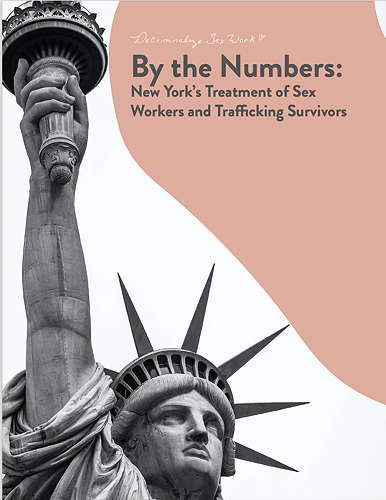February 15, 2022
Decriminalize Sex Work (DSW) released a historic report which examines arrest and conviction data for prostitution and human trafficking-related offenses using legal, socio-political, and historical context. In “By the Numbers: New York’s Treatment of Sex Workers and Trafficking Survivors,” authors examine trends in arrest and conviction rates for both prostitution and human trafficking offenses in New York State, as reported by the New York State Division of Criminal Justice Services (DCJS), in order to determine the efficacy of current policies and the social costs and benefits of policing prostitution. The report includes interviews with law enforcement, public defenders, and advocates. By applying historical context and the experiences of service providers to the data, it creates a compelling and holistic narrative about the institutional and cultural forces at play in how these laws and policies came to be, the real and projected goals of these policies, where they have succeeded, and where they fall short. The report concludes with concrete policy recommendations for lawmakers to restore the rights, humanity, and dignity of those impacted by criminalization and to prevent further harm inflicted by the state on marginalized, vulnerable communities.
One of the publication’s primary conclusions is the imminent need to decriminalize sex work in New York State and around the country. While New York has made critical reforms in its treatment of sex workers and human trafficking survivors in recent decades, chief among them the repeal of PL 240.37 criminalizing loitering for the purpose of engaging in prostitution, and the expansion of vacatur eligibility for survivors of human trafficking, the stigmatization, and marginalization of sex workers persists with detrimental effects for the health and safety of entire communities. Sex workers and service providers agree that the decriminalization of consensual, adult sex work is the only way to dismantle the institutional oppression of these communities and combat stigma and exploitation in commercial sex.
The data reveals that though arrest rates for prostitution and related crimes are declining, criminalization may also be shifting, and the same individuals are being targeted for unlicensed massage rather than prostitution. Only in recent years have the number of arrests for purchasing or aiding prostitution come close to arrests for solicitation offenses.
The most damaging impacts of criminalization are felt by the communities with the greatest vulnerability. DSW’s analysis demonstrates that even if arrest and conviction rates are slowing, racial and gender biases are as strong as ever. 98% and 97% of New York City arrests in 2019 for prostitution and loitering for the purpose of engaging in prostitution respectively were of female-identified individuals. Similarly, 91% and 93% were people of color. Even more severe, in the last ten years, 90% of arrests for patronizing a prostitute in the 3rd degree were Black, Indigenous, and people of color (BIPOC) despite the fact that national studies report between 80-85% of sex buyers are white men. Convictions showed similar bias.
“Lawmakers in New York, particularly in New York City, have been very vocal about trying to protect survivors of human trafficking as well as sex workers but, in general, the lived experience of individuals does not reflect this. We want to figure out just why and how these policies are failing,” says Frances Steele, research and policy coordinator at DSW. “Laws governing sex work were not written to keep people safe, but to criminalize those pushed to the margins without access to resources. We cannot let moral frameworks built on racism, misogyny, homophobia, transphobia, and xenophobia guide our society based on the false premise that they keep us safe.”
DSW’s legal director Melissa Broudo, who worked as a Senior Staff Attorney for the Sex Worker’s Project in New York criminal courts for more than a decade urges lawmakers to consider the report’s policy recommendations. “If enacted, the recommendations will contribute to an increase in community health, safety, and human rights for all,” she said. Broudo gave an interview on the Capitol Pressroom after the release of the report. She discussed important misconceptions around sex work that often impede bills that prioritize the health and safety of sex workers and related communities from being passed and critical upcoming initiatives in New York State.
DSW Newsletter #33 (February 2022)
DSW Releases Groundbreaking Report on Sex Work and Human Trafficking in New York State
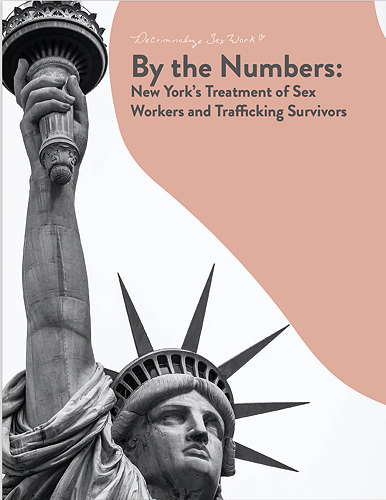
The EARN IT Act Threatens Free Speech and Sex Worker Rights
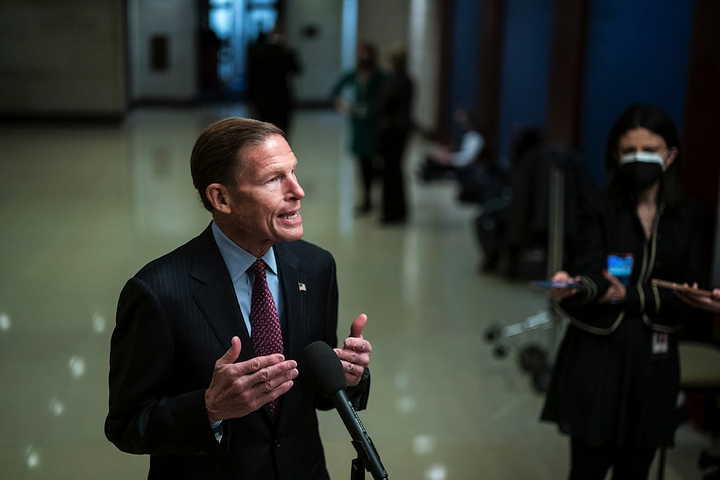
A Constitutional Right to Sex Work
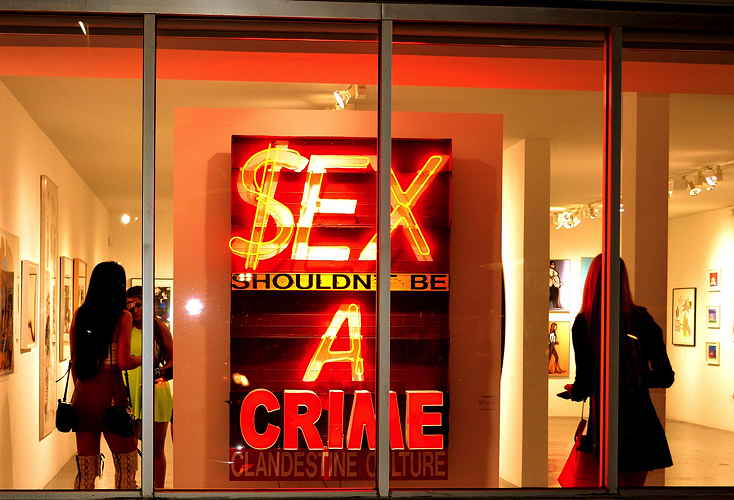
Victoria Becomes Australia’s Third State to Decriminalize Sex Work
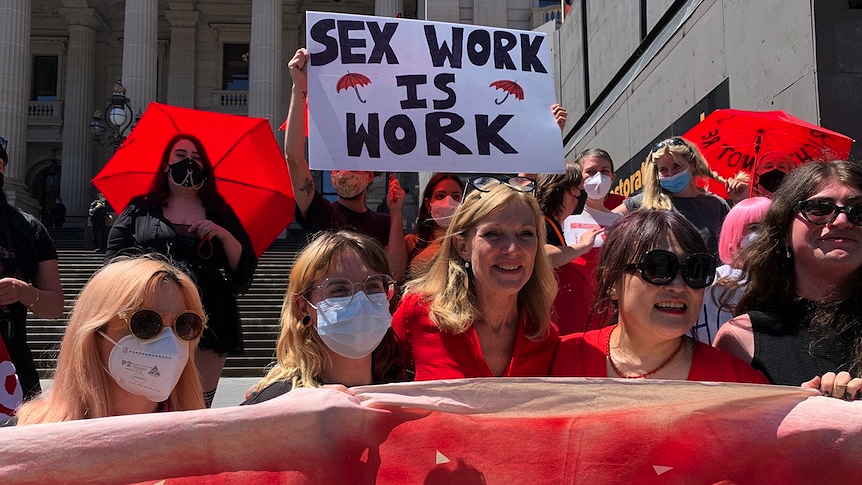
Chilling Effects: Amnesty International reports on Ireland’s 2017 End Demand Law
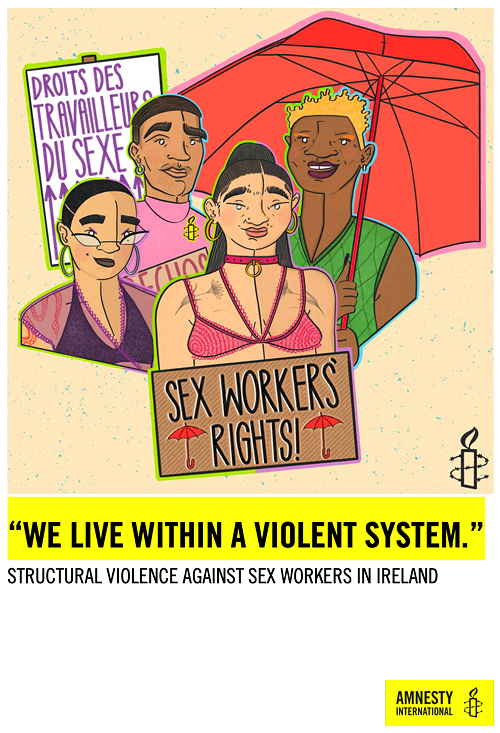
Maya Angelou, Sex Worker and Hero


